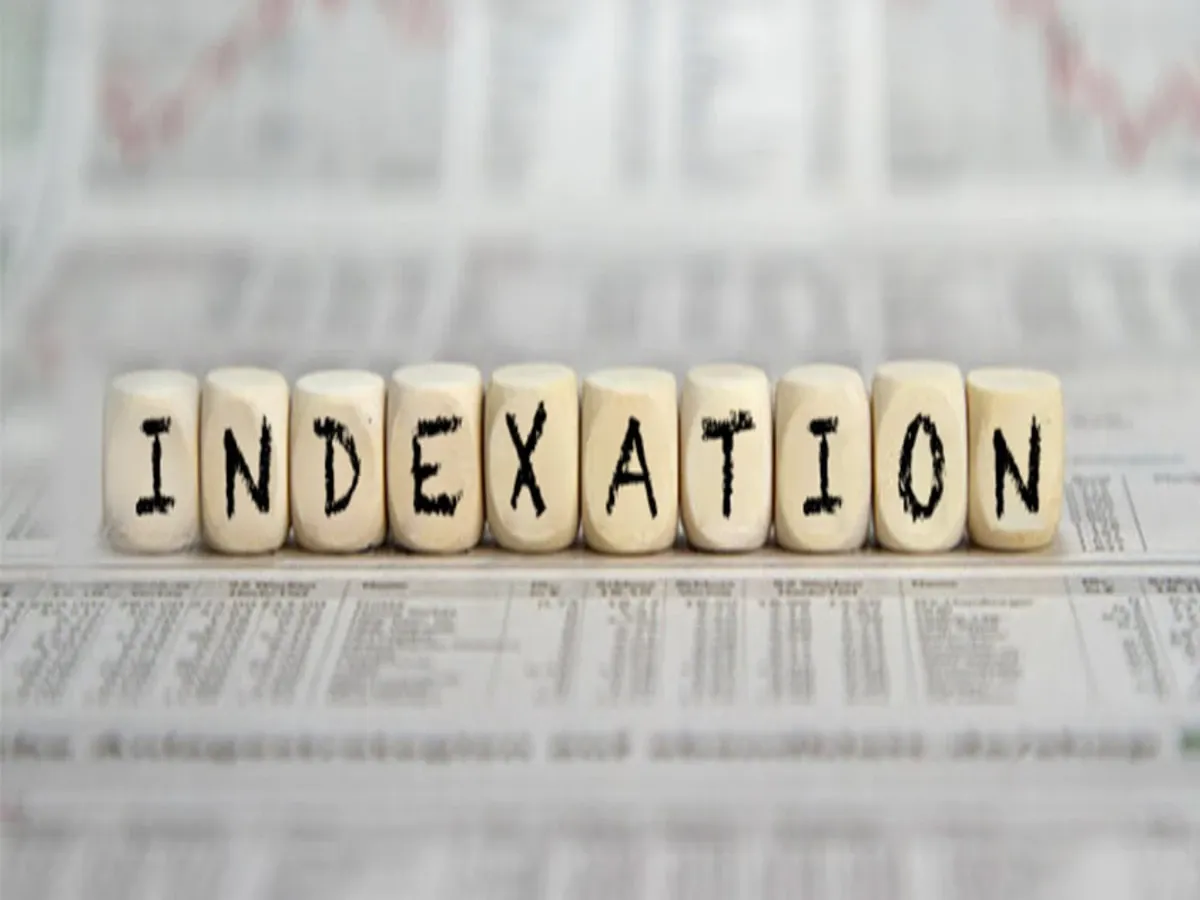Personal Finance News
Indexation benefit gone, check how does it affect you?
.png)
3 min read | Updated on July 25, 2024, 12:20 IST
SUMMARY
The reduced tax rate is beneficial only if an individual is getting higher returns from the asset. However, if the returns are low and the indexation benefit is removed, it may result in higher tax liability.

Budget 2024: When does removal of indexation benefit you, and when it doesn’t?
Removal of indexation and lower long-term capital gains (LTCG) tax on investments like real estate were the key highlights of the Budget 2024. The announcement not only surprised the market but also left people confused about whether the government’s decision was beneficial for them or not.
While the larger impact will be seen later on, calculations show that the reduced tax rate is beneficial only if an individual is getting higher returns from the asset. However, if the returns are low and the indexation benefit is removed, it may result in higher tax liability.
Before the budget, property sales were subject to a 20% LTCG tax rate with the indexation benefit. However, the new tax rate of 12.5% does not include the indexation benefit.
Let’s understand with examples
Case 1
An individual purchased a property for ₹1 crore in 2001 and sold it for ₹10.75 crore in 2024-25, at compounded annual growth rate (CAGR) of 10.4% p.a.
Under the existing rules, the indexed cost of acquisition would be ₹3.63 crore, assuming the Cost Inflation Index (CII) for 2024 is 363 and the base CII is 100.
A 20% LTCG tax would be levied on ₹7.12 crore, resulting in a tax of ₹1,42,40,000.
Without indexation, the taxable amount would be ₹9.75 crore. If a 12.5% tax is levied on this amount, the tax liability would be ₹1,21,87,500.
In this case, the individual would save ₹20.5 lakh under the new tax rule.
Case 2
Suppose the annual value increase was just 6.1% CAGR. At this rate, the property price rose to ₹4.17 crore in 2024-25 from ₹1 crore in 2001.
Now, applying the method mentioned above, the tax liability with 20% LTCG and indexation will be ₹10.8 lakh. While, under the new rule, without indexation, it will be ₹39,62,500.
In this case, the individual will have to pay ₹28.82 lakh extra under the new tax rule.
Conclusion
Apart from the above calculations, the point that can not be ignored is the importance of inflation indexation. Suppose an individual’s investment pays him 8% returns but the inflation is at 10% then he/she may lose the purchasing power.
Market experts said that the loss due to indexation will hurt higher than the reduction in taxes, particularly those holding old properties as they would lose out on the marked differential in the cost inflation index.
They further said that earlier if an individual held the asset for a longer period, taking all the risk, used to be compensated as the CII for older assets proved to be beneficial. But now he/she will be penalised for staying long.
About The Author
Next Story

